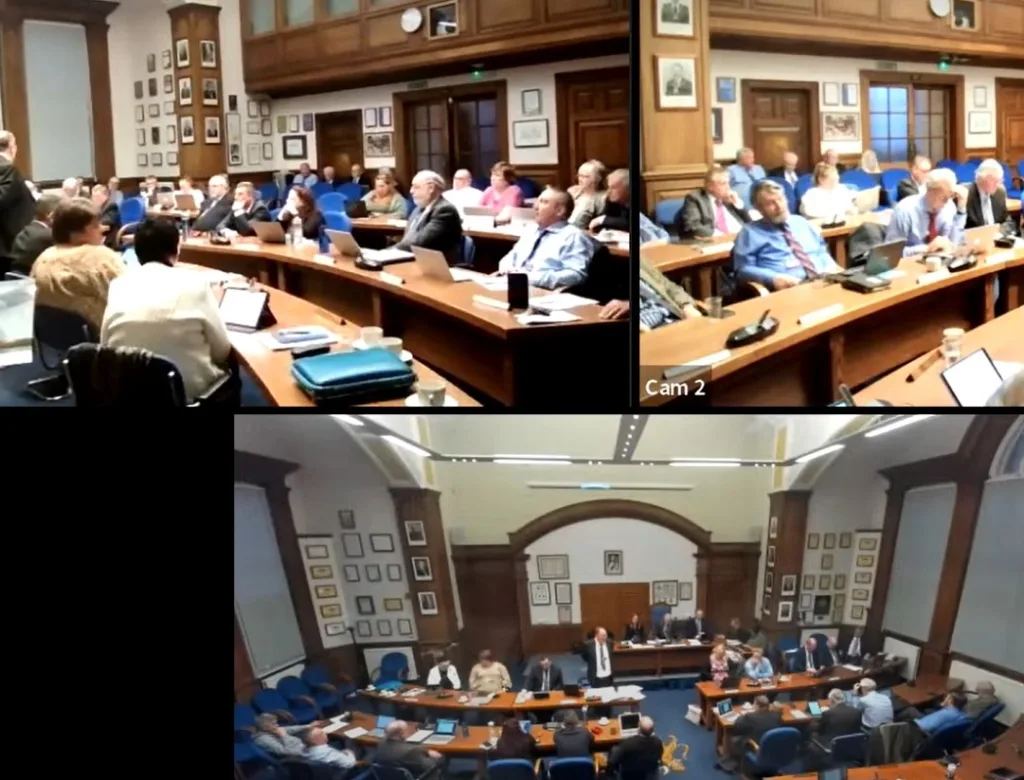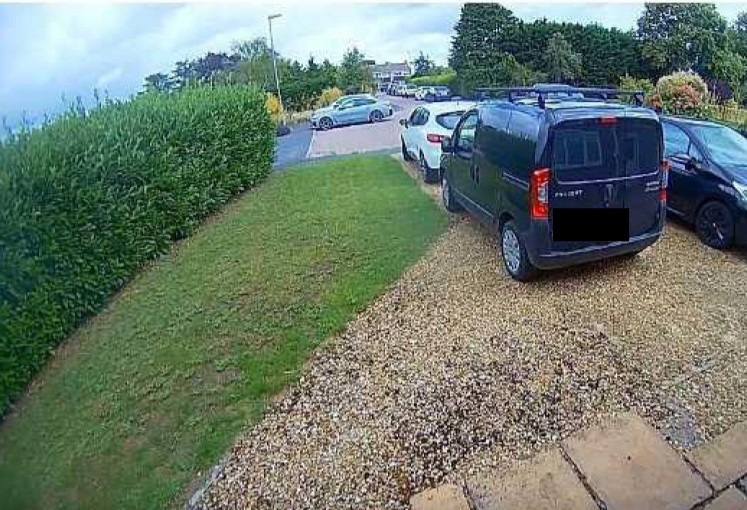Faced with an eye-watering 32 per cent rise by hiring agency staff to cover vacancies in its planning department, Fenland District Council is to consider offering a ‘signing on’ payment of £5,000 for new recruits. The council is paying a heavy cost for its reliance on agency staff: the total projected cost of the planning team (staff plus agency) for 2023/24 is currently £1,476,840, an increase of £358,680 over the budgeted total cost of £1,118,160.
The planning team has 11 vacancies which they are struggling to fill – including finding a replacement for principal planning officer Nick Harding who leaves at the end of December.
Mr Harding was previously planning head of the shared service from 2009 to 2021 with Fenland and Peterborough City Council; that arrangement carried on when Mr Harding left Peterborough but ceased altogether earlier this year.
Fenland Council chief executive Paul Medd, along with three senior colleagues, has signed off a report to the employment committee setting out the issues and outlining areas of poor performance in planning that could lead to Government intervention.
His report to the committee on October 6 will recommend remedies; the full list of vacancies within the planning department.
These are:
Head of planning (from December 30th)
Principal planner
Senior planner (x 3)
Planning policy manager
Planning policy officer
Senior enforcement officer
Enforcement officer
Tree officer
S106 monitoring officer
To encourage recruitment – and retention – Fenland Council is looking at ‘market supplements’.
Mr Medd says the supplement could also be applied to existing staff “and protect our investment in these staff and to not lose them to other organisations meaning we have further vacancies to fill and the subsequent training period”.
In addition to £5,000 in their first month, new starters would get a second payment of £5,000 on the third anniversary of their start date.

Staff would need to sign a legal document to return part of the payments if they leave within a defined period and a sliding scale of repayment incorporated. If an employee refuses to pay, they won’t get the payment in the first place.
Mr Medd says the council has spent a year trying to fill many of the vacancies “with very little interest in these posts”.
Ironically the many departing planning staff have joined the private sector in recent years “especially becoming agency staff due to the flexibility and generous rates of pay”.
LETTER: ‘Banal, ill-informed and downright misguided’ Fenland councillors
Mr Medd says the government has recognised the issue nationally and created an external funding pot: Fenland has applied for £75,000 of it. But given the number of councils in a similar situation it will be “highly oversubscribed”.
Urgent action is required, as Mr Medd explains.
Performance in relation to minor and other applications is currently 71% (against a target of 80%) on the 2-year rolling government performance tracker.
“If the council falls below 70%, there is a risk it will be *designated by government,” says the report. (*explained at foot of story).
The employment committee will asked to approve the introduction of market supplement payments for new staff within the planning team at a cost of £47,500 in Year 1 and £47,500 in Year 3 dependent on the timing of new starters.
Mr Medd says the council is employing agency staff, consultants and has an arrangement with Capita to fulfil vacant posts which is costing the council considerably more than a fully staffed permanent team.
If the planning team was fully staffed with permanently appointed staff the full year cost would be £1,187,100.
Current budget for 2023/24 is £1,026,760 with a projected cost for 2023/24 of £828,600 based on staff currently in post, a reduction of £198,160 compared with the budget.
The projected cost of the planning team due to agency staffing in 2023/24 is currently £648,240 compared with a budget of £91,400, an increase of £556,840.
The total projected cost of the planning team (staff plus agency) for 2023/24 is currently £1,476,840, an increase of £358,680 over the budgeted total cost of £1,118,160.
Mr Medd reminds councillors that planning provides income to the council through government set fees and charges.
In 2022/23 financial year, planning income was £1,252,284 including pre application fees.
LETTER: Here’s the real reason Fenland Council planning hit crisis point
“The projected income for 2023/24 is £1,050,500 albeit planning income is difficult to predict due to its reliance on the submission of applications,” he says.
“Income to the end of August 2023 was £501,846 including pre-application fees.”
Mr Medd says that government consulted on an increase in planning fees in recent times which suggested a 35% uplift on fees for major applications and a 25% uplift on all other applications with an annual inflationary increase going forward.
“The ability to apply these increases was predicated on a certain level of performance within the service,” he says.
“Government have recently announced that this is now being laid before parliament and we await further guidance. This would represent a further source of income.”
The financial impact of introducing market supplement for new starters should we be successful in recruiting to all vacant posts would be: £55,000 in Year 1 £55,000 in Year 3
The financial impact of introducing market supplement for existing staff is an appendix labelled confidential.
“Fulfilling vacancies with alternative staffing solutions is costing the council £289,740 above the costs if all establishment posts were fulfilled,” says Mr Medd.
“Having a settled permanent team with local knowledge will bring benefits in terms of performance as well as financial savings even with market supplement introduced as alternative staffing solutions are expensive, difficult to source, difficult to administer and come with instability as staff can move to other contracts with little notice.”
Explainer
If a council is designated, then section 62A of the Town and Country Planning Act 1990 (as amended) allows applications for the category of development for which the authority has been designated (i.e. major development, non-major development or both) to be submitted directly to the Secretary of State (if the applicant wishes) as long as the designation remains in place.
This excludes householder and retrospective applications, which must still be made directly to the local planning authority.






















